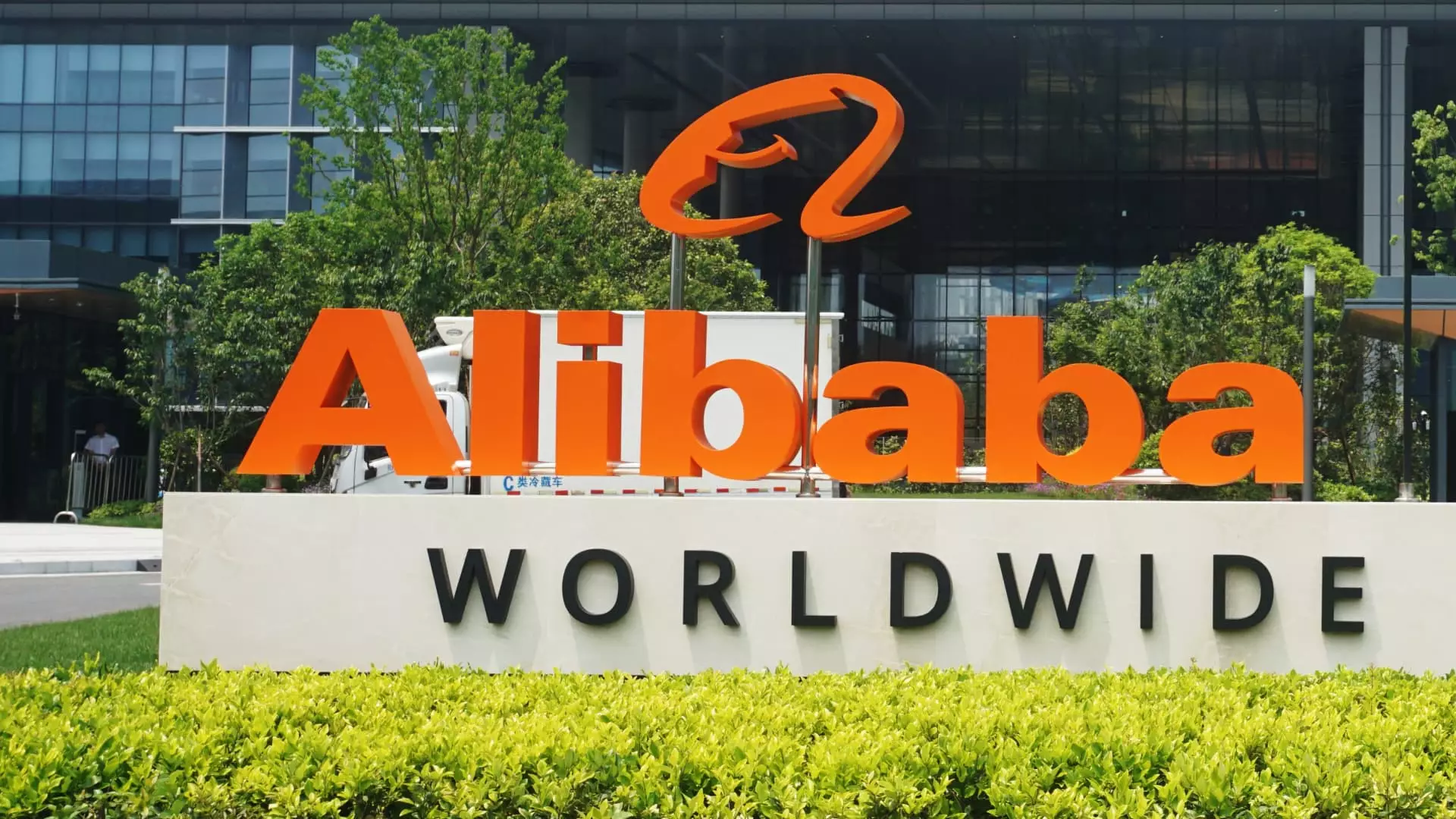In a bold move that highlights the ever-evolving nature of artificial intelligence in global commerce, Alibaba’s international arm recently launched an upgraded version of its translation tool, Marco MT. The company claims that this new iteration surpasses those offered by major competitors like Google, DeepL, and even ChatGPT, as validated by the translation benchmarking framework Flores. This is no small feat in an arena that has seen fierce competition and rapid advancements in AI technology, and it positions Alibaba as a significant player in the artificial intelligence translation market.
The introduction of Marco MT is particularly noteworthy because it builds on a predecessor that already garnered an impressive user base of 500,000 merchants within just a year of its launch. This tool empowers sellers by enabling them to create product pages tailored to specific markets, effectively bridging linguistic and cultural gaps. With its focus on contextual understanding, Marco MT promises to revolutionize how merchants manage their global presence, making it simpler and more effective to cater to various customer bases.
One of the standout features of Alibaba’s Marco MT is its reliance on large language models that enhance its contextual awareness. By incorporating cultural references and industry-specific terminology, the translation tool aims to provide more nuanced translations than its predecessors. Kaifu Zhang, the Vice President of Alibaba’s International Digital Commerce Group, articulated this vision when he stated that the overarching goal of the tool is to improve merchants’ bottom lines. The philosophy here is simple: if merchants thrive in their respective markets through effective communication, Alibaba’s platform stands to benefit in return.
This shift toward contextual translation is particularly significant, as it addresses one of the core limitations of traditional language translation tools. Such tools often fail to capture the subtleties inherent in language, leading to misinterpretations that can alienate potential customers. As a case in point, Zhang illustrated how a direct translation of a colloquial term for “slipper” could deter English-speaking customers if the essence and cultural significance are lost in translation. The new engine’s ability to provide authentic expressions is expected to enhance user experience, especially during peak shopping events like the Double 11 festival, which is pivotal for Alibaba.
Alibaba’s new translation tool enters a global marketplace ripe with potential, particularly in regions like Europe and the Americas. Zhang mentioned anticipations of “substantial demand” from these areas, as well as emerging markets, where a surge in cross-border e-commerce is evident. Notably, developing countries represent a significant portion of new AI tool users and present lucrative opportunities for Chinese merchants looking to expand their reach.
With China’s economy increasingly interconnected with the global e-commerce landscape, Alibaba’s efforts to assist domestic merchants in navigating international markets are timed well. Competitors such as PDD Holdings’ Temu, Shein, and ByteDance’s TikTok have already made significant inroads, underscoring the urgency for Alibaba to bolster its own international offerings. Moreover, many Chinese merchants are already active on platforms such as Amazon, highlighting the need for effective communication tools that facilitate smoother transactions with non-Chinese-speaking consumers.
Since the first version of Marco MT was launched, Alibaba reported that merchants have utilized it for more than 100 million product listings, a strong indicator of its utility and importance to sellers. Although Zhang did not disclose the updated version’s pricing details, he assured that it would be included in service bundles designed for merchants seeking overseas exposure.
As Alibaba’s international segment has shown remarkable growth—posting a 32% increase in sales to $4.03 billion in the latest quarter—its comparative struggles in the domestic market further highlight the urgency behind international expansion initiatives. The Chinese giant faced a 1% year-on-year drop in sales for its primary Taobao and Tmall platforms, making the growth of its global platforms even more essential. Analysts expect that Alibaba’s international revenue growth may slow slightly, but the narrowing of operating losses indicates a strategic focus on sustainable growth rather than rapid expansion.
Alibaba’s Marco MT represents a significant advancement in AI-driven translation tools, with a clear advantage in contextual translation. This innovation not only addresses the communication challenges faced by merchants but also signals Alibaba’s commitment to becoming a robust global player in e-commerce. The emphasis on nuanced and culturally aware translations will likely set a new benchmark, not just for Alibaba but for the industry as a whole.


Leave a Reply